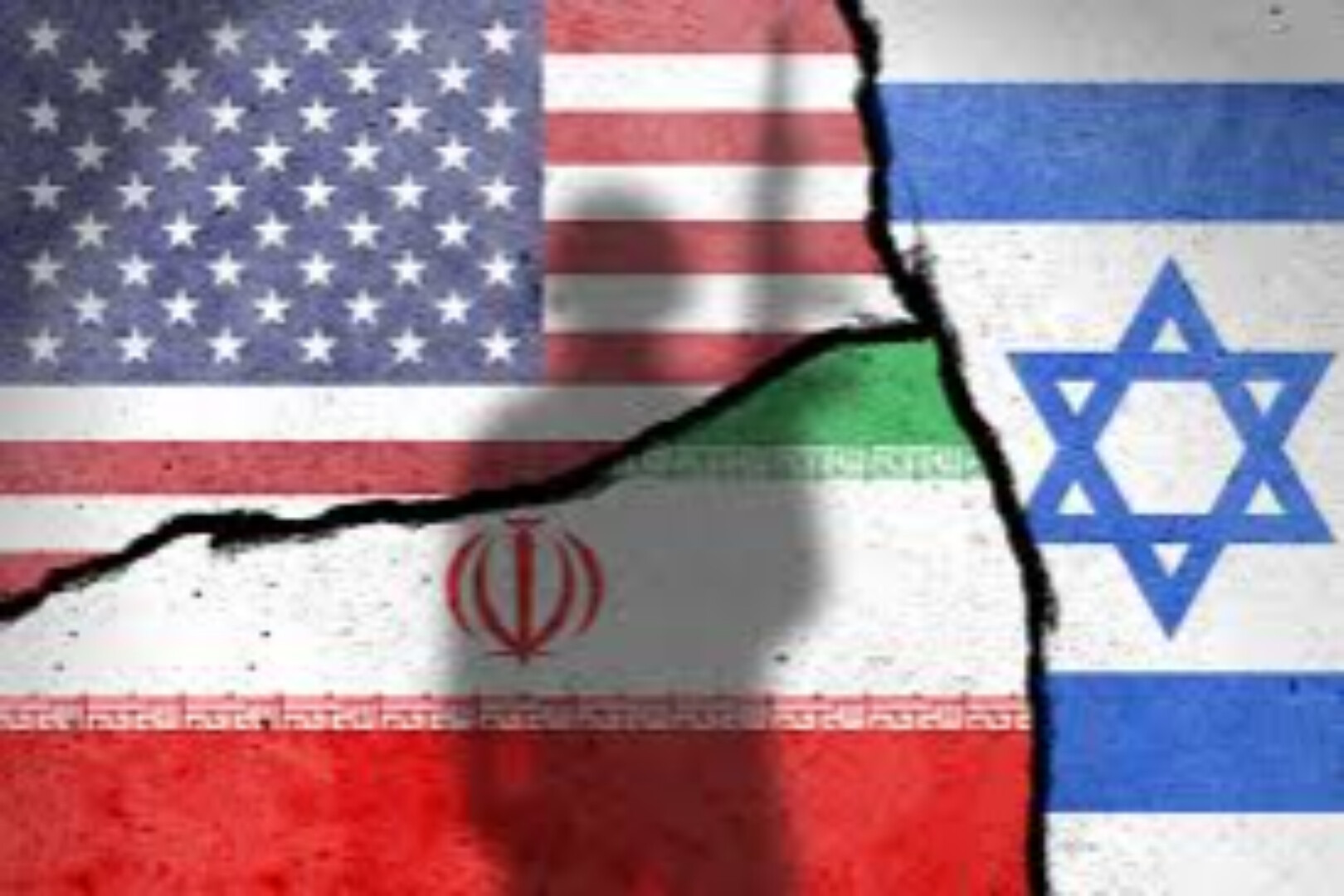Hong Kong's first stablecoin players are out: Chinese capital exits the market and regulation cools down.
- 核心观点:中资机构退出香港稳定币与RWA市场。
- 关键要素:
- 至少四家机构退出牌照申请。
- 监管要求业务保持低调。
- 首批牌照年底前发放。
- 市场影响:短期市场降温,长期格局重塑。
- 时效性标注:短期影响。
Original author: Zhou Zhou, Foresight News

Hong Kong's stablecoin and RWA markets have welcomed their first batch of exits.
On September 29, sources revealed to Foresight News that at least four Chinese-funded financial institutions and their branches, including Guotai Junan International, have recently withdrawn from Hong Kong stablecoin license applications or suspended related attempts in the RWA track out of prudence considerations.
Morgan, an executive close to a Hong Kong financial institution, told Foresight News that some Chinese banks, guided by regulators, have adopted a more cautious approach to the stablecoin market, with several choosing to hold off on entering. Industry insiders noted that the Hong Kong Monetary Authority has set two key deadlines for market participants: expressing interest by August 31st and submitting a formal application by September 30th. This means that institutions that have not submitted their applications by tomorrow will miss out on the first batch of stablecoin licenses.
In the area of real-world assets (RWAs), some Chinese institutions have also temporarily halted their RWA activities due to regulatory guidance. Lee, a practitioner close to a Chinese brokerage, told Foresight News that Guotai Junan International and several other institutions have suspended their RWA activities in Hong Kong, including Guotai Junan's RWA business. Lee also revealed that another Chinese brokerage listed on the A-share market has received notice to halt its RWA activities in Hong Kong.
Some industry practitioners believe that stablecoins are also a subcategory of RWAs. The essence of US dollar stablecoins is to tokenize the real-world asset of the US dollar.
Real-world assets (RWAs) are tokenized real-world assets. Currently, common RWAs include US stock RWAs (equity tokenization), US Treasury RWAs (US Treasury bond tokenization), and gold RWAs (gold tokenization). As an emerging industry, RWAs are developing particularly rapidly in the United States. For example, Robinhood, the largest US online brokerage, has experimented with stock RWAs (equity tokenization), tokenizing private equity holdings of well-known companies like SpaceX and OpenAI. This allows ordinary retail investors to purchase tokens with the same value as private company equity, attracting attention from the global financial industry.
In the United States, stablecoins and RWAs are booming, with giants like Paypal, Robinhood, and Nasdaq entering the market. In Europe, nine major European banks have announced plans to jointly launch a compliant euro-denominated stablecoin next year. In Hong Kong, the launch of a Hong Kong dollar stablecoin is imminent, with over 77 companies submitting applications for stablecoin licenses. Meanwhile, under regulatory oversight, Hong Kong's RWA pilot program has been underway in the primary market for over two years, with 30 to 40 projects currently operational.
However, a large number of mainland institutions in industries such as banking, securities, and the internet rushed in, causing the Hong Kong stablecoin and RWA markets to become overheated. Against the backdrop of rising market and public opinion, mainland regulators have chosen to cool down.
The Hong Kong stablecoin and RWA track has welcomed the first batch of exits.
Local cooling
Before and after the official implementation of the Hong Kong Stablecoin Ordinance, the market has begun to show signs of cooling down, but only locally.
In early August, I attended a conference in Hong Kong, where numerous financial institutions and internet companies announced their applications for stablecoin licenses and their aggressive entry into the RWA market. However, almost overnight, all financial institutions, internet companies, and institutions participating in the Hong Kong Stablecoin Sandbox, involved in Hong Kong's stablecoin sector, canceled external interviews and all public discussions on the topic.
On August 1, 2025, Hong Kong officially implemented the Stablecoin Ordinance, establishing the world's first comprehensive legal framework for the regulation of stablecoins. A few days before the ordinance officially came into effect, a set of guiding opinions was distributed to financial institutions.
Foresight News learned from sources that mainland regulators have conveyed relevant guidance to financial institutions, requiring them to maintain a low profile in their operations and statements involving stablecoins, refrain from excessive publicity or creating public opinion hotspots, and strictly conduct internal research and public opinion management.
"You can do it, but you can't say it," the source said.
According to a Caixin report on September 11th, an insider revealed that Hong Kong's stablecoin business is still in its infancy, with its future direction uncertain. Excessive involvement by Chinese institutions could pose risks, necessitating prior risk isolation. Another senior financial industry figure stated that the Hong Kong branches of Chinese banks and central SOEs, including Bank of China (Hong Kong), Bank of Communications (Hong Kong), China Construction Bank (Asia), and CNCBI, which had previously been relatively active, may postpone their applications for Hong Kong stablecoin licenses. Bank of China (Hong Kong) is one of Hong Kong's three major note-issuing banks.
Morgan explained the regulatory stance to Foresight News: First, Chinese institutions involved in Hong Kong's crypto business are prohibited from conducting business domestically and are required to be cautious in participating in virtual asset-related businesses; second, mainland capital influxes are prohibited; and third, the parent companies behind Chinese financial institutions must assume compliance responsibilities.
In summary, mainland regulators are currently primarily concerned about the rush of Chinese financial institutions and internet companies into the Hong Kong crypto market, and have already directed some Chinese institutions to exit stablecoin and RWA businesses. Meanwhile, non-Chinese financial institutions in Hong Kong are still conducting cryptocurrency-related business in an orderly manner.
The pace of stablecoin license issuance in Hong Kong may be similar to that of cryptocurrency exchanges. For example, the first batch of VATP cryptocurrency exchange licenses in Hong Kong included only one or two institutions, while the second batch included seven or eight.
A source familiar with the matter told Foresight News that several cryptocurrency exchanges, including Futu and Victory Securities, will officially launch in Hong Kong by the end of the year. The first companies to obtain VASP licenses, such as HashKey, officially launched and began offering trading services in August 2023, more than two years ago.
When and where will the temperature rise?
Since the beginning of 2025, the entire US crypto market has been on a hot trend. From exchanges, ETFs, stablecoins, RWAs to DATs, the US crypto market has never stopped being hot. However, Hong Kong has its own rhythm.
Morgan stated that Hong Kong's RWA primary market pilot program has been underway for over two years, with 30 to 40 projects currently underway, most of which are valued at HK$10 to 20 million. "In theory, a secondary market for RWAs in Hong Kong is feasible, and some institutions may even have applied," Morgan said.
The same is true for Hong Kong's stablecoins. Hong Kong's Stablecoin Issuer Sandbox officially launched on March 12, 2024, and has been operating for approximately a year and a half. Following the implementation of the Hong Kong Stablecoin Licensing Ordinance, the HKMA received 77 applications for stablecoin licenses in August. Sources familiar with the matter predict that the first batch of stablecoin licenses will be issued by the end of this year or early next year.
The cooling of Hong Kong's crypto market happened overnight. Similarly, the localized and sudden warming of Hong Kong's crypto market may also happen in an instant.
Changes in the international landscape are also rapidly impacting Hong Kong's crypto industry. The progress of stablecoins and RWAs in the United States, Europe, South Korea, and other regions is also influencing progress in Hong Kong. On September 25th, nine major European banks jointly launched a euro-denominated stablecoin subject to the EU's Markets in Crypto-Assets (MiCA) regulation. The participating banks stated that the initiative will provide a truly European alternative to the US-dominated stablecoin market and help enhance Europe's strategic autonomy in the payments sector. The first issuance of this stablecoin is expected in the second half of 2026.
DATs (Digital Asset Treasury Companies) are another sector that Hong Kong has yet to fully capitalize on. For example, Yunfeng Financial, a "Jack Ma cryptocurrency concept stock," purchased a cumulative 10,000 ETH on the open market on September 2nd. The company will list ETH as an investment asset in its financial statements and has stated that, in addition to Ethereum, it plans to explore adding a variety of mainstream digital assets, including Bitcoin and SOL, to its strategic reserve assets. Over the past month, Yunfeng Financial's stock price has risen by a staggering 65.09%.
In the United States, crypto tracks such as ETFs, stablecoins, RWAs and DATs have heated up across the board, and market enthusiasm is high; in contrast, Hong Kong is still taking a cautious exploratory approach in similar tracks, with a noticeably restrained pace.
Out-players and in-players
Many people enter the game, but many people leave.
From the first batch of cryptocurrency exchanges such as HashKey and OSL, to participants in Bitcoin spot ETFs such as China Asset Management, to today's stablecoins, RWA, and DAT, there are too many sub-sectors to participate in the cryptocurrency field. This has also led to a large number of financial institutions and Internet companies pouring in, wanting to get a piece of the pie.
The VASP license has attracted a number of brokerage firms, such as Futu Securities, Tiger Brokers, and Victory Securities; Bitcoin and Ethereum spot ETFs have attracted a number of wealth management institutions, such as China Asset Management and Bosera Asset Management; stablecoins have attracted a number of banks, such as Bank of China International and Standard Chartered Bank; DATs have attracted a number of Hong Kong-listed companies to join and have been included in their balance sheets, such as Yunfeng Financial... The cryptocurrency industry is being fully integrated into the entire Hong Kong financial system.
A temporary exit doesn't mean permanent failure. Just as the internet transformed the financial industry, nearly all brokerages are now internet brokerages, and all banks are internet banks. The future integration of cryptocurrency and finance may be profound and boundless. Those who enter the market first will bear the greatest risks, but also reap the greatest rewards.
Note: Morgan and Lee are pseudonyms.



